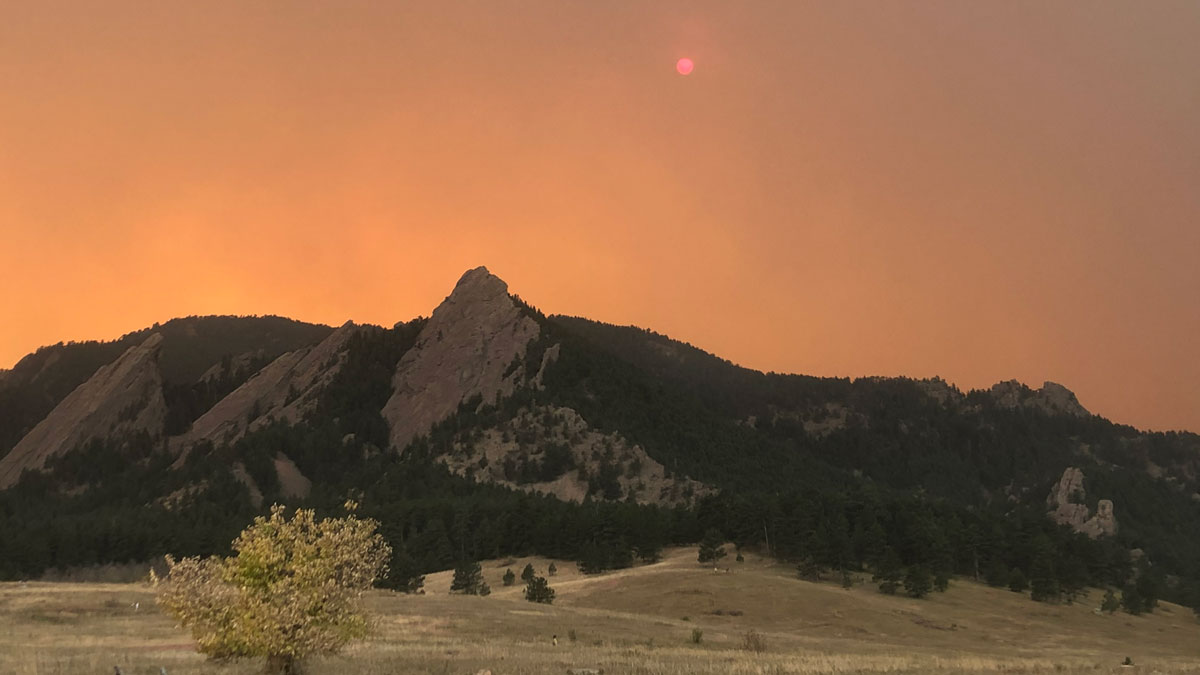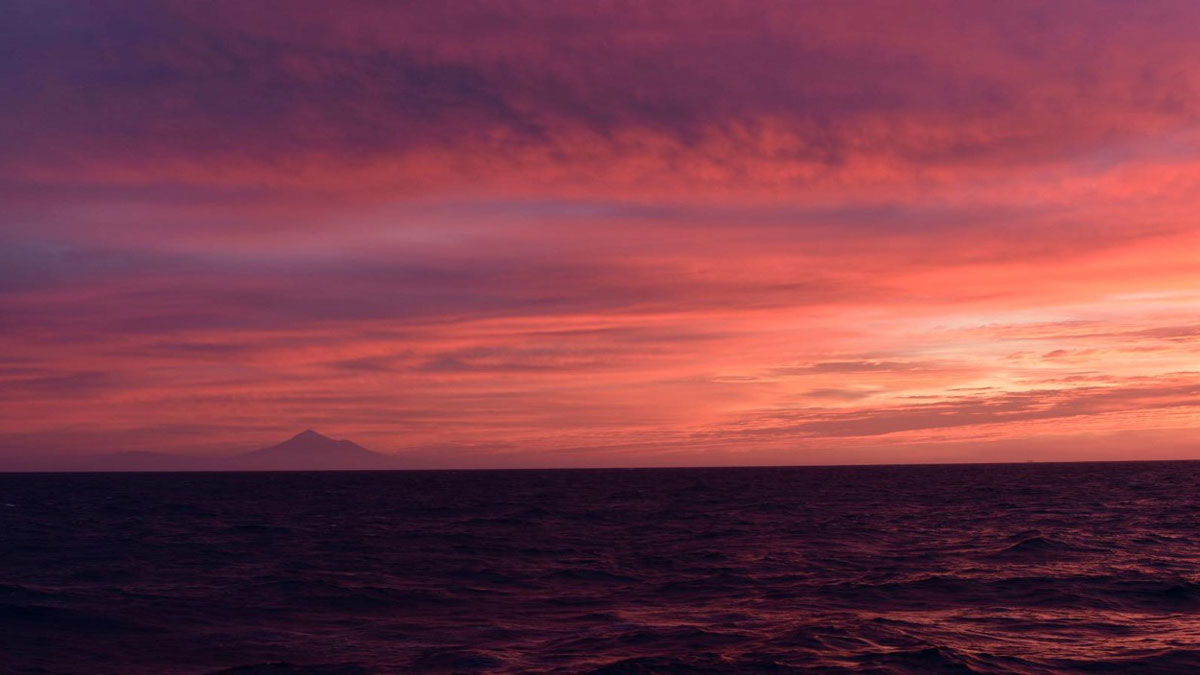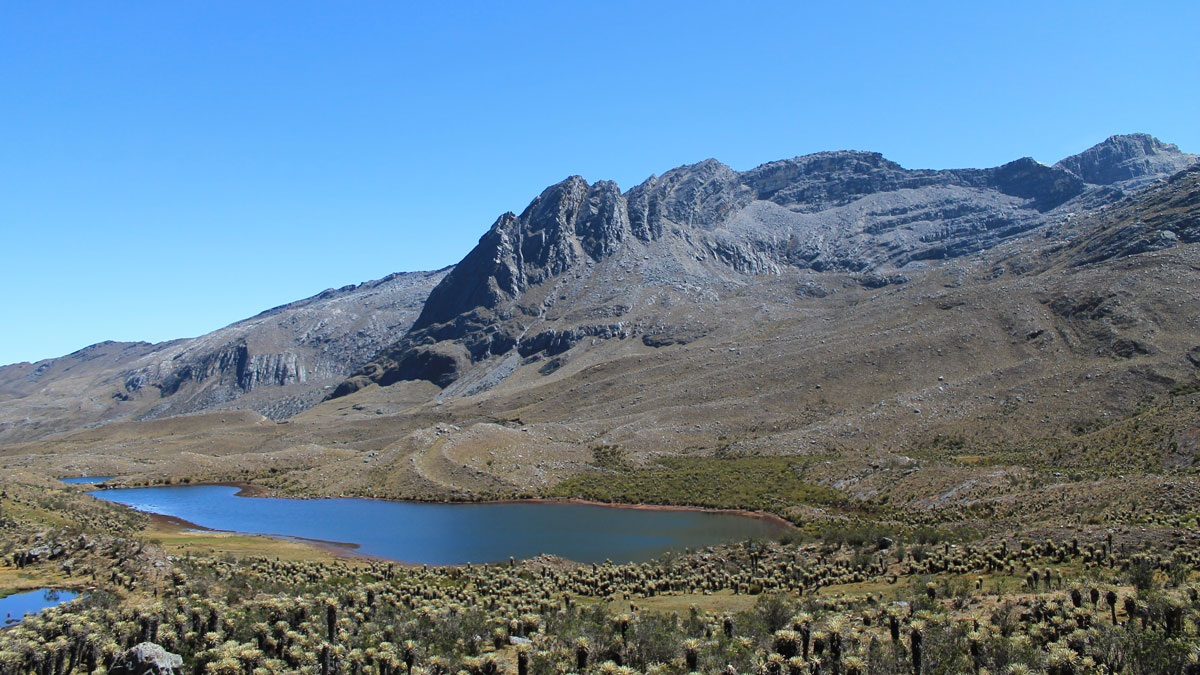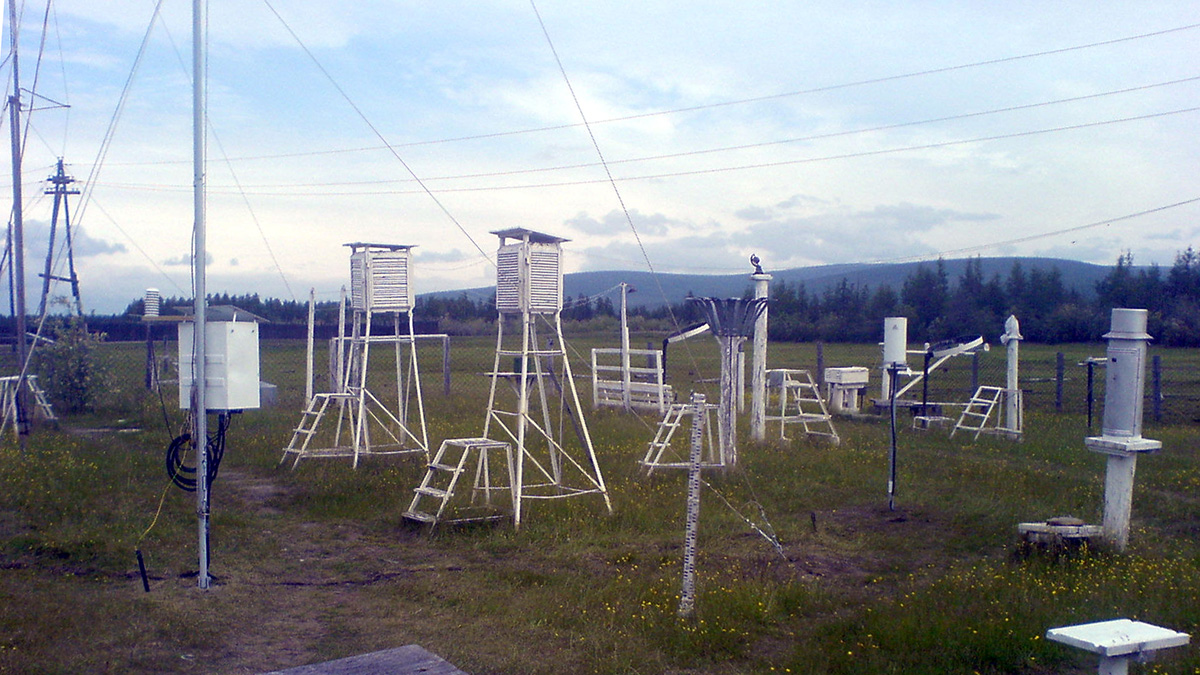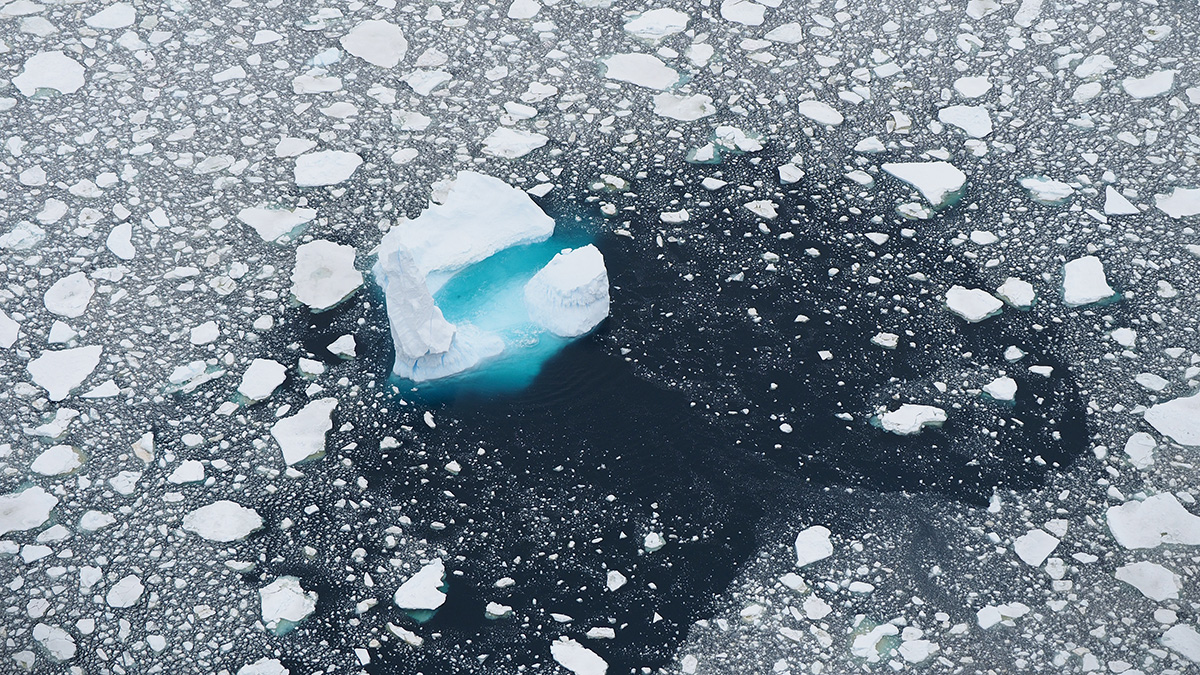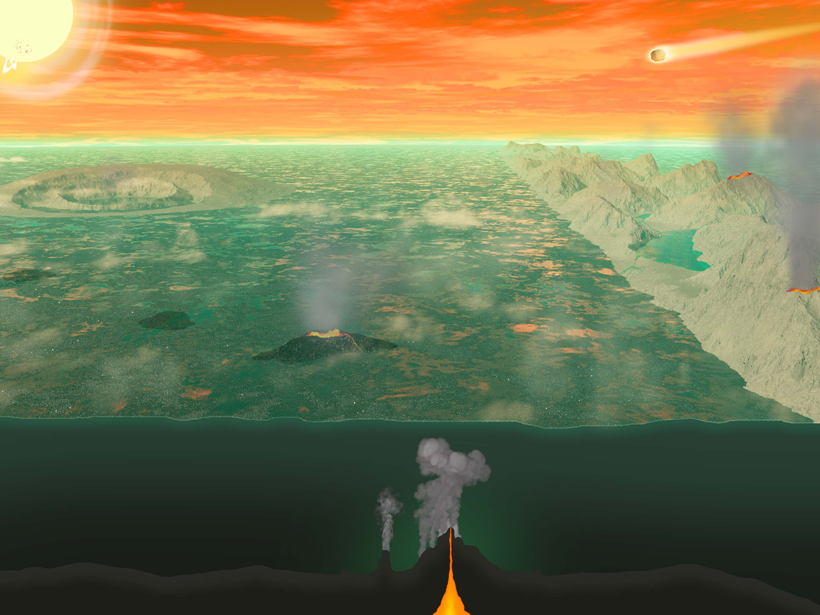A new machine learning approach trained on winter and spring climate conditions offers improved forecasts of summer fire activity across the western United States.
Science Updates
“Landslide Graveyard” Holds Clues to Long-Term Tsunami Trends
A new project looks to unearth information about and learn from ancient underwater landslides buried deep beneath the seafloor to support New Zealand’s resilience to natural hazards.
Clues from the Sea Paint a Picture of Earth’s Water Cycle
New instrumentation and growing modeling needs in the Earth sciences are driving a renewed effort to compile and curate seawater oxygen isotope data in a centralized, accessible database.
A Sharper Look at the World’s Rivers and Catchments
Digital hydrographic maps have transformed global environmental studies and resource management. A major database update will provide even clearer and more complete views of Earth’s waterways.
A Puzzle Mat for Assembling Colombia’s Geologic History
A new database compiles all the available pieces of information about Colombia’s geochronology, offering scientists a consistent framework in which to view and study the data in a broader context.
Chronicling the Hottest, Coldest, Windiest, and Rainiest Weather
The World Meteorological Organization verifies and documents record-setting temperatures, winds, lightning, and more, offering snapshots of Earth’s extremes and hints about its changing climate.
A New Journey Around (and Around) the Sun
The Solar Orbiter just completed its commissioning phase while en route to the Sun. It has already provided valuable looks at solar campfires and Venus’s magnetic fields, and it promises much more.
New Perspectives on the Enigma of Expanding Antarctic Sea Ice
Recent research offers new insights on Antarctic sea ice, which, despite global warming, has increased in overall extent over the past 40 years.
Rethinking the Search for the Origins of Life
Early Earth conditions and the chemistry that led to life were inextricably interwoven. Earth scientists and prebiotic chemists are working together in new ways to understand how life first emerged.
Mapping a River Beneath the Sea
A recent expedition mapped one of the world’s longest submarine channels, revealing previously undiscovered physical features and raising questions about its unusual origin and shape.

